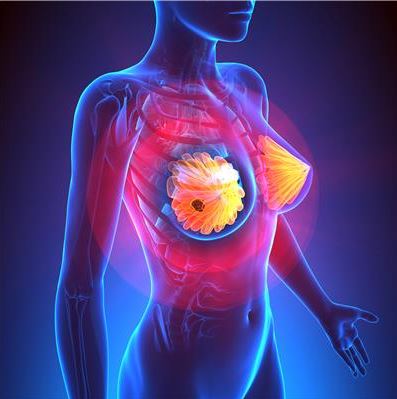They found that a mesylate eribulin substance had been applied to patients with breast cancer patients in the stage of metastasis, when the disease spreads to other parts of the body, and that it inhibited tumor growth.
"Researchers in Japan analyzed the sponge in order to obtain the active substance that forces the decline of living beings nearby the marine organism. After several years of research it was revealed that eribulin inhibited the replication of breast cancer cells," explains Claudia Arce Salinas from the National Cancer Institute (INCan) in Mexico, and professor at the School of Medicine of the National Polytechnic Institute. "The eribulin inhibits cell division and if the cancer is characterized by excessive proliferation we can anticipate positive results. Normally, cells have a check point that detects when the cell requirement quota is reached. However, cancer is not like that so the substance stops the growth or proliferation of the cells."

Credit: Investigación y Desarrollo
Once the active substance was isolated, they obtained it using genetic engineering and purified and synthesized it in Japan. The drug does inhibits the proliferation of cancer cells, killing the spare ones, so the tumor no longer has the capacity for growth and invasion.
To identify that the active substance was effective against breast cancer, Salinas Arce explained that researchers used the substance in several tumor cell lines and within the laboratory, then testing was conducted on 700 women worldwide. The result showed that the drug in patients with metastases was able to "stop" tumor growth and increased the lifespan of patients for more than two years.
The medication is for women who have already been treated and do not respond to conventional drugs, administered by vein or central line. It has the advantage of not requiring more input on their medication and is applied in a very short period (five minutes).
"This medicine does not require premedication. As it practically is 'chemotherapy' side effects are similar to the chemo and radiation treatments, however, it prolongs the life of women 15 hundreds more over standard conventional treatments, " said Salinas.
The drug has already been approved in Mexico and in 2011 by the FDA in the United States.





Comments